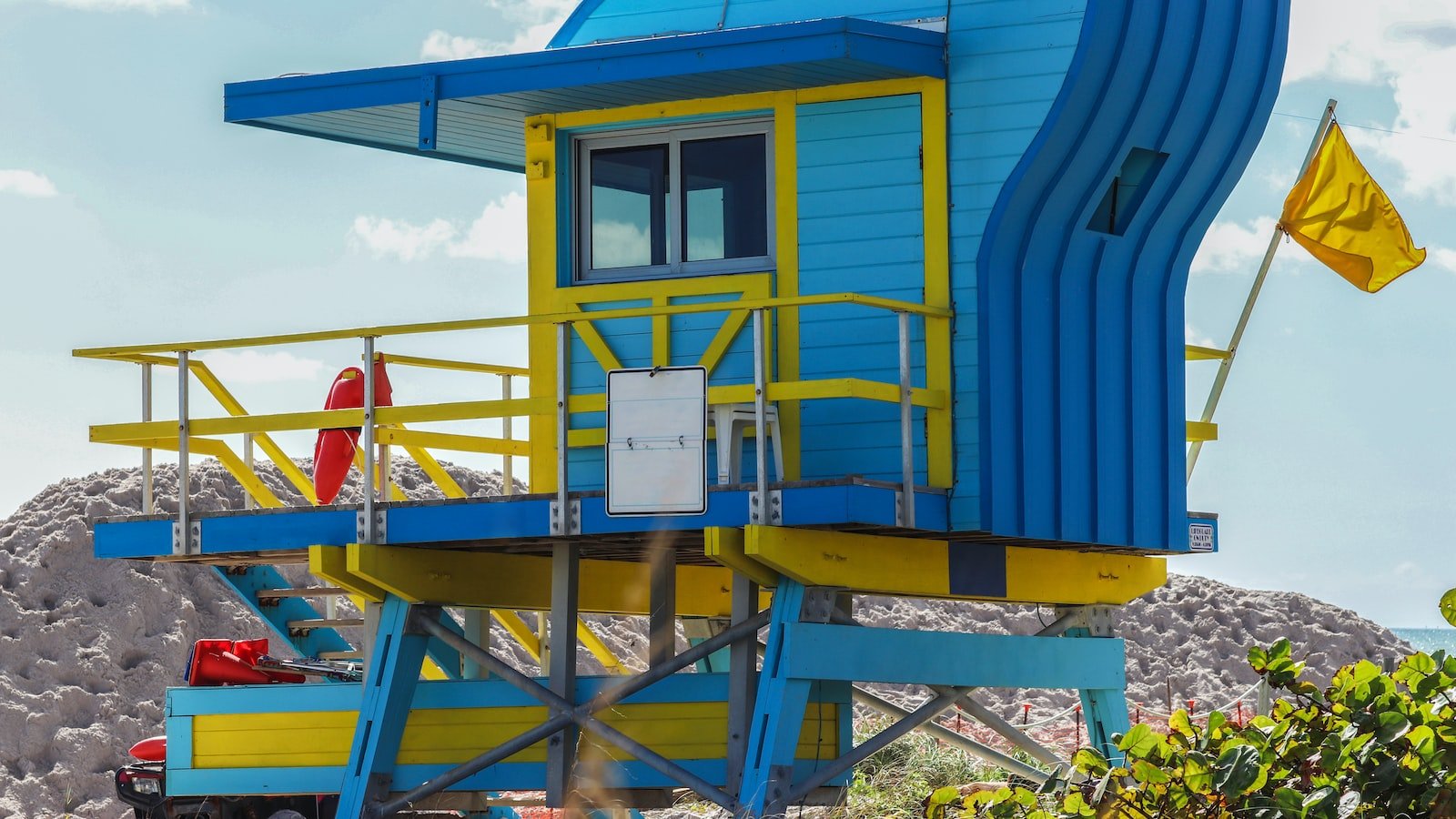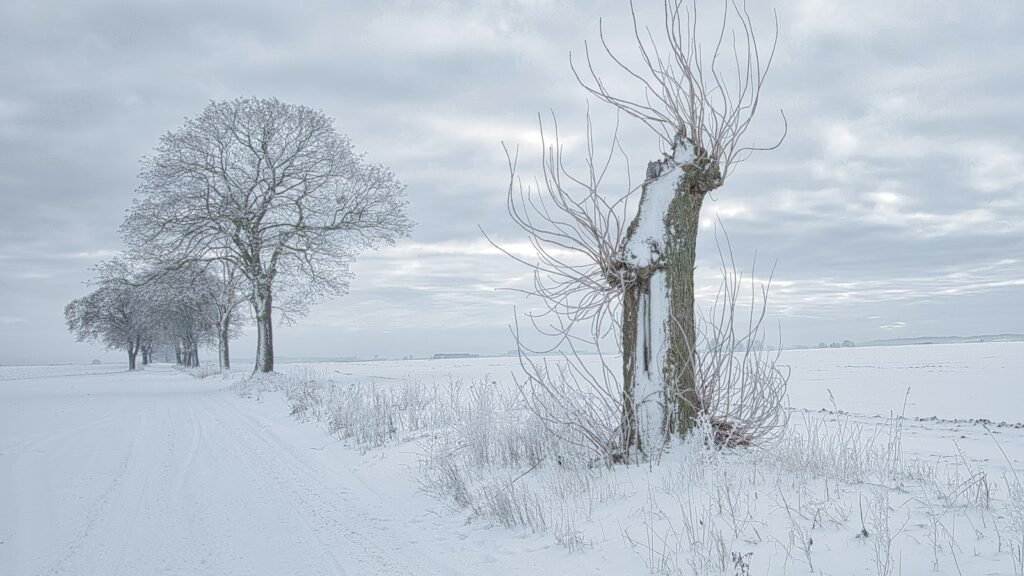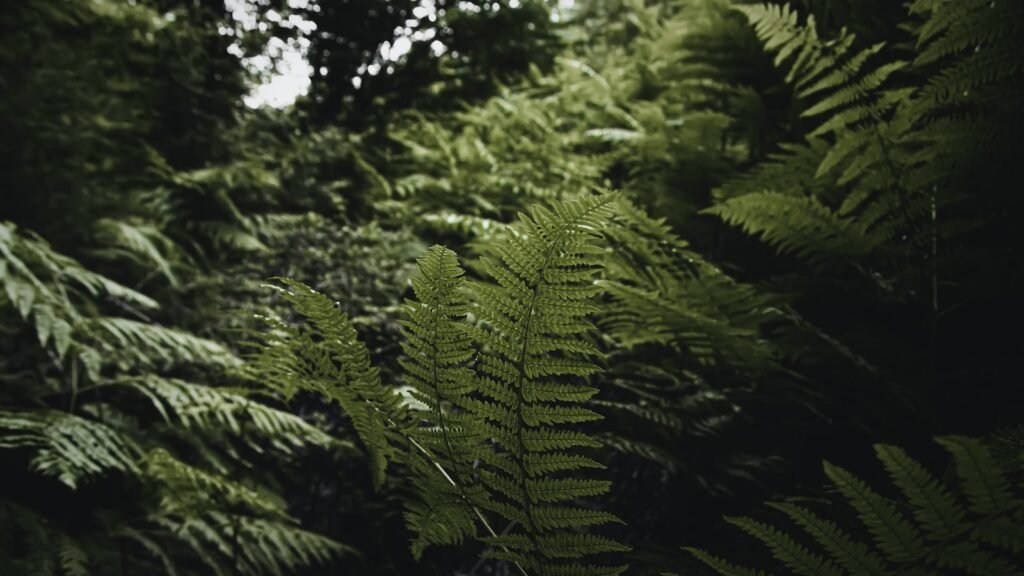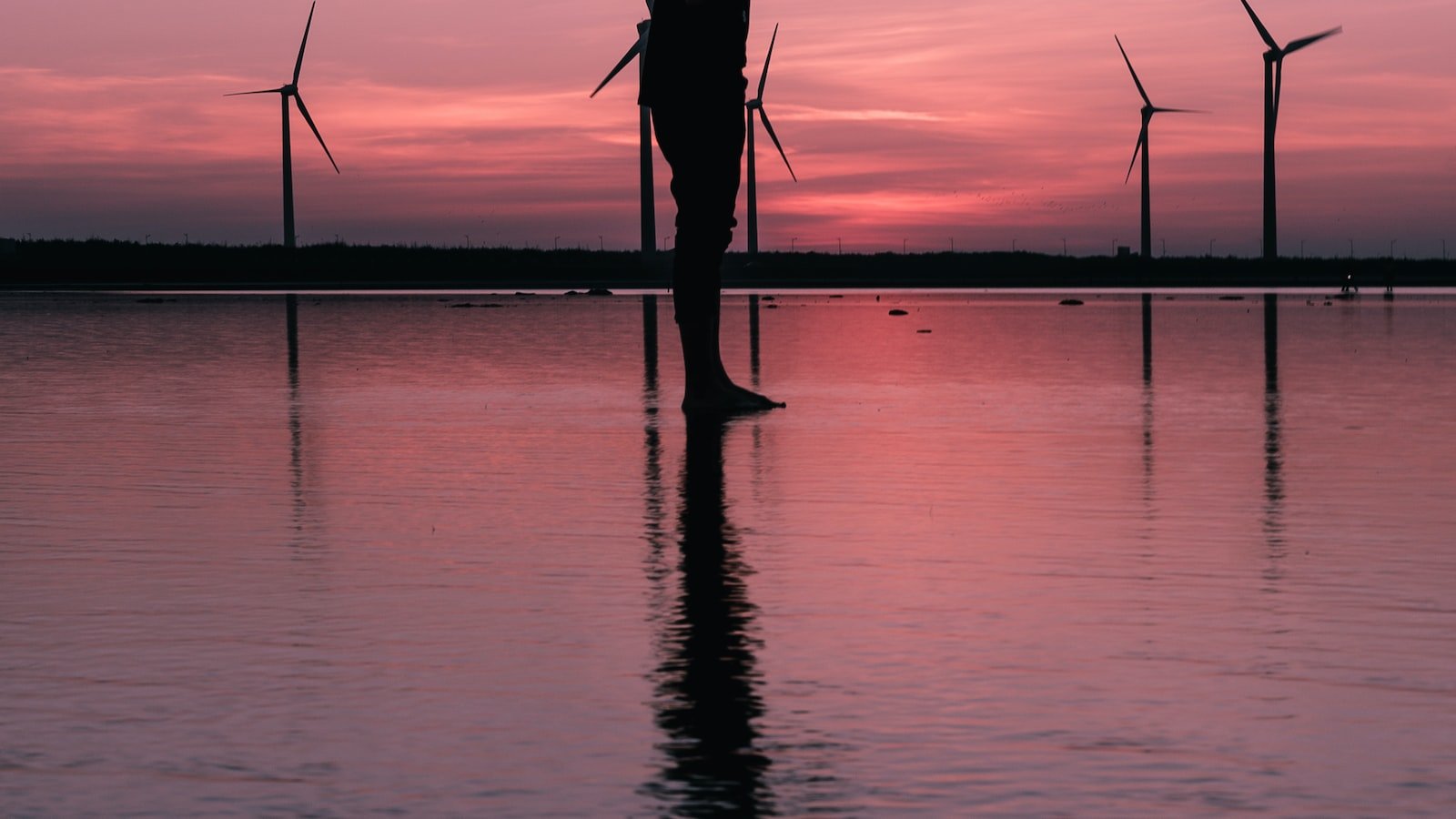Now Reading: The Best Survival Clothing: Fabric, Fit, and Function
-
01
The Best Survival Clothing: Fabric, Fit, and Function

The Best Survival Clothing: Fabric, Fit, and Function
As uncertainty looms, mankind has always possessed an inherent ability to adapt and find ways to conquer adversity. And in the face of life’s harshest challenges, survival clothing emerges as the unsung hero that stands between us and the unforgiving elements. Armed with the perfect combination of fabric, fit, and function, the best survival clothing equips us to navigate treacherous terrains, brave unpredictable weather, and conquer unpredictable circumstances. In this article, we delve deep into the world of survival clothing to uncover the secret behind its remarkable resilience and unwavering reliability. So, prepare to step into a realm where every thread tells a tale of endurance, and every cut offers a lifeline in the relentless pursuit of survival.
Table of Contents
- Choosing the Right Fabric for Survival Clothing
- Finding the Perfect Fit for Your Survival Clothing
- Functional Features to Look for in Survival Clothing
- Recommended Survival Clothing for Various Environments
- Tips for Maintaining and Caring for Your Survival Clothing
- Q&A
- Wrapping Up

Choosing the Right Fabric for Survival Clothing
When it comes to survival situations, having the right clothing can make all the difference. Whether you are preparing for extreme weather conditions or emergency situations, choosing the right fabric for your survival clothing is crucial. Here are some factors to consider:
- Durability: Look for fabrics that are highly durable and can withstand rough environments. Opt for sturdy materials such as ripstop nylon or canvas that can endure abrasion and tear-resistant.
- Insulation: In cold climates, insulation is vital. It’s essential to choose fabrics that provide excellent insulation properties to keep you warm. Consider materials like wool, fleece, or down feathers for superior warmth retention.
- Water resistance: If you anticipate encountering wet conditions, selecting water-resistant or hydrophobic fabrics is essential. Look for materials treated with DWR (Durable Water Repellent) coating or fabrics like Gore-Tex that are known for their waterproof properties.
- Breathability: While protection from the elements is important, breathability is equally crucial. Fabrics that allow sweat and moisture to evaporate help regulate body temperature and prevent overheating. Seek out moisture-wicking materials like polyester or merino wool.
By carefully considering these factors, you can confidently choose the right fabric for your survival clothing, ensuring comfort and functionality when you need it most.

Finding the Perfect Fit for Your Survival Clothing
When it comes to survival situations, ensuring that your clothing fits properly can make a significant difference in your overall comfort and performance. Here are a few essential tips to help you find the perfect fit for your survival clothing:
- Consider the Layers: Start by understanding the layering system and the different types of clothing you might need in various weather conditions. From base layers to insulating layers and outer shells, each piece of clothing should fit snugly, but not restrict movement.
- Test Mobility: Your survival clothing should allow you to move freely and comfortably, even in the most challenging situations. Make sure you can easily perform activities like climbing, running, or crouching without any discomfort or restrictions.
- Account for Body Shape: Everyone’s body is different, so finding the proper fit also means considering your individual body shape and size. Look for brands that offer clothing options designed to accommodate various body types, ensuring you have optimal comfort and range of motion.
Remember, is crucial for your safety and well-being in the wild. Take the time to understand the various clothing options available, try them on, and carefully assess their fit before heading out on your next adventure.
Functional Features to Look for in Survival Clothing
Survival clothing is an essential part of any outdoor adventure, providing protection and functionality in challenging environments. When choosing survival clothing, it’s important to look for key functional features that can make a significant difference in your overall experience. Here are some important features to consider:
1. **Durability**: Opt for clothing made from durable materials such as reinforced nylon or ripstop fabric that can withstand the harshest conditions. Look for reinforced stitching and double-layered patches in high-wear areas like knees and elbows.
2. **Versatility**: Choose clothing that offers versatility, allowing you to adapt to changing weather conditions. Look for garments with removable or adjustable hoods, sleeves, and pants legs that can easily transform from full coverage to a lighter layer as needed.
3. **Waterproof and Breathable**: In unpredictable climates, it’s crucial to look for waterproof clothing that can keep you dry during rainy or snowy conditions. Additionally, breathable fabrics allow moisture to escape, preventing sweat buildup that can lead to discomfort and potential hypothermia.
4. **Multi-Pocket Design**: Practicality is key when it comes to survival clothing. Look for garments with multiple pockets of varying sizes, strategically placed to provide easy access to essentials like navigation tools, fire starters, or first aid supplies.
5. **UV Protection**: If you’re frequently exposed to intense sunlight, seek clothing with built-in UPF (Ultraviolet Protection Factor) to shield your skin from harmful UV rays. UV-resistant fabrics ensure long-lasting protection even after multiple washes.
6. **Fire Resistance**: Consider clothing made from fire-resistant materials, like Nomex or Kevlar, especially if you’ll be spending time in areas prone to wildfires or campfire cooking. This feature provides an extra layer of safety and peace of mind during your outdoor adventures.
By keeping these functional features in mind, you can make informed choices when selecting survival clothing that will offer the right level of protection and versatility for your specific needs. Whether you’re an avid hiker, camper, or survival enthusiast, investing in quality gear can greatly enhance your outdoor experiences.
Recommended Survival Clothing for Various Environments
Preparing yourself with the right clothing can be a crucial aspect of survival in different environments. Here are some recommendations to help you stay safe and comfortable:
1. Cold Environments:
- Layering is key. Opt for a thermal base layer to keep you warm and wick away moisture.
- Insulating mid-layers such as fleece or down jackets provide added warmth.
- A waterproof and windproof outer-shell is essential to protect you from the elements.
- Don’t forget insulated gloves, hats, and thermal socks to protect your extremities.
2. Hot and Arid Environments:
- Choose lightweight and breathable fabrics to help you stay cool.
- Avoid dark colors that absorb heat; instead, go for light-colored clothing.
- Long-sleeved shirts and pants with UPF (Ultraviolet Protection Factor) provide sun protection.
- Don’t forget a wide-brimmed hat, sunglasses, and a bandana or scarf to protect your head and neck from the sun’s rays.
3. Wet and Rainy Environments:
- Invest in waterproof pants and jackets with sealed seams to keep you dry.
- Wear quick-drying synthetic or wool clothing to avoid discomfort from wetness.
- Rubber boots or waterproof hiking shoes with good traction are a must.
- Carry a waterproof backpack cover or dry bags to protect your gear from moisture.
Remember, the right clothing can significantly impact your survival odds. Adapt your clothing choices according to the environment you face, and always prioritize functionality, comfort, and protection.
Tips for Maintaining and Caring for Your Survival Clothing
Survival clothing is a crucial part of your preparedness gear, designed to keep you safe and protected in challenging situations. To ensure the longevity and effectiveness of your survival clothing, it is essential to properly maintain and care for it. Here are some useful tips:
- Inspect Regularly: Take the time to inspect your survival clothing on a regular basis. Look for signs of wear and tear, such as fraying threads or holes, and repair them promptly. Identifying and fixing issues early will prevent further damage.
- Clean Properly: Follow the manufacturer’s instructions for cleaning your survival clothing. Using the wrong detergents or washing techniques could damage the fabric or reduce its protective properties. Consider using mild, non-residue detergents and air-drying whenever possible.
- Storage: Store your survival clothing in a clean, dry, and well-ventilated area to prevent mold or mildew growth. Avoid exposing it to direct sunlight or extreme temperatures, which can degrade the fabric’s integrity.
- Rotate Usage: If you have multiple sets of survival clothing, rotating their usage can help distribute wear and extend their lifespan. This ensures that you always have a well-maintained backup set whenever you need it most.
- Repair Kit: Keep a small repair kit handy with spare buttons, thread, and patches. This will allow you to address minor repairs quickly so that your survival clothing remains effective when you need it most.
By following these tips, you can properly maintain and care for your survival clothing, ensuring it remains in top condition to protect you during emergencies and survival situations.
Q&A
Q: What are the most important aspects to consider when choosing survival clothing?
A: When choosing survival clothing, it is crucial to consider the fabric, as it should be durable, moisture-wicking, and offer insulation. Fit is also important, ensuring ease of movement and proper layering. Lastly, function is key, as garments should have plenty of pockets and the ability to adapt to different weather conditions.
Q: Which fabrics are recommended for survival clothing?
A: Fabrics such as nylon, polyester, and merino wool are highly recommended for survival clothing. These materials are lightweight, moisture-resistant, and quick-drying, making them ideal for outdoor conditions.
Q: How should survival clothing fit?
A: Survival clothing should fit comfortably, allowing for a full range of motion without being too loose or too tight. The garments should be designed for layering, enabling easy addition or removal of clothing as weather conditions change.
Q: What features should survival clothing have?
A: Survival clothing should have ample pockets to store essential items such as fire starters, compasses, and first aid supplies. Additionally, adjustable hoods, cuffs, and waistbands are beneficial for customizable protection against the elements.
Q: Is it necessary for survival clothing to be waterproof?
A: While waterproof clothing can be advantageous, it is not always necessary for survival situations. Clothing that is water-resistant or quick-drying can often provide sufficient protection, as long as the wearer has suitable alternatives for prolonged exposure to wet conditions.
Q: Can survival clothing be stylish?
A: Yes, survival clothing can be both practical and stylish. Many manufacturers now offer a wide range of designs and colors that cater to both functionality and aesthetics, allowing individuals to maintain their personal sense of style while being prepared for survival situations.
Wrapping Up
As we conclude this adventure into the realm of survival clothing, we hope we have armed you with knowledge and inspiration. From the hardiest of fabrics to the impeccable fit and mesmerizing functionality, we have delved into a world where fashion meets resilience, where style merges with survival.
In a world full of unpredictable challenges and unexpected escapades, the right clothing can be the difference between surrendering to the elements or triumphing against all odds. With fabric that withstands nature’s tantrums, fit that embraces your every move, and function that fuses practicality with innovation, the best survival clothing becomes more than mere garments. They become steadfast allies, ready to brave the wild alongside you.
So, whether you’re trekking through untrodden trails, exploring faraway deserts, or confronting unrelenting storms, never underestimate the transformative power of your attire. The fusion of fabric, fit, and function is a true art form, a symphony that encapsulates both utility and aesthetics.
Remember, your choice in survival clothing speaks volumes about your readiness to conquer the unexpected. Let it reflect your indomitable spirit, your fierce determination, your unwavering resilience. May your clothing become an extension of your very essence, expressing the unyielding bond between humanity and nature.
Crafted with skill and purpose, the best survival clothing ignites within us a sense of awe and intrigue. It whispers tales anew, beckoning us to step forward into uncharted territories. So, friend, go forth and seize the untamed world, clad in the garments of possibility.
As we bid adieu to this guide, we hope it has ignited a flame of curiosity within you, urging you to explore, discover, and never shy away from the extraordinary. And may your choice in survival clothing be the catalyst that propels you into a life of epic adventures and unforgettable tales.
Remember, every fabric choice, every stitch, every thoughtful detail has the power to shape your journey. Choose wisely and embrace the symbiotic harmony between fabric, fit, and function. It is through these inspired choices that we truly become one with the spirit of survival.
Now, go forth and conquer, armed with your newfound knowledge and equipped with the best survival clothing at your disposal. Keep pushing boundaries, daring the unthinkable, and embracing the indomitable spirit that resides within you.
Until we meet again, fearless explorer, may your clothing always be your ultimate weapon, shielding you from the harshest realities and letting your inner strength shine brighter than ever before. Safe travels and may your adventures be etched forever in the tapestry of the world.
As an affiliate, my content may feature links to products I personally use and recommend. By taking action, like subscribing or making a purchase, you’ll be supporting my work and fueling my taco cravings at the same time. Win-win, right?
Want to read more? Check out our Affiliate Disclosure page.





